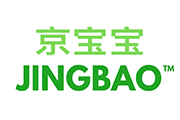- 学前小班
-
学前小班
2.5岁到3.8岁的儿童开始察觉到他人的情感世界,渴望学习,积极吸纳来自周围环境的知识,好奇心和想象力得以蓬勃发展。
The role of education is to interest the child profoundly in an external activity to which he will give his full potential.
— Maria Montessori
-
学前小班的课堂
在京宝宝™,我们秉持以儿童为中心的教学理念,努力营造宽松和谐的学习生活环境,借以培养孩子的独立性、协调能力、专注力、自制力、自我认知和自信心。京宝宝™的行为礼仪教育培养孩子们如何有礼貌地与他人互动。
在一个 70-80%的中文语言环境中,老师们通过每日对话以及有目的性的学习活动不断扩展学生的中英文词汇量。孩子们可以辨别大部分英文字母的发音,掌握30至50个简单汉字并使用中英双语进行日常对话。
-
学前小班的一天
Students begin their day with Montessori activities and alternating English and Mandarin circles. Afternoons include a nap time or quiet activities, creative arts, and French circle, wrapping up with outdoor play and self-directed activities.
-
常见问题
学前小班的每日安排是怎么样的?
早晨入园后,孩子们可以选择健康早餐或自由参加感兴趣的蒙特梭利活动。老师在精心观察孩子的同时,会根据他们的兴趣和能力引导孩子们参与相应的教学活动,一直持续到上午10点。然后是英文小组课和户外活动。中午,孩子们将品尝营养丰富的午餐。随后会有两小时的午休时间。起床后,孩子们在沉浸式中文环境下自由地进行艺术创作,还会参加主题式的小组中文课。他们忙碌又充实的一天将在美味的点心和户外运动后结束。
应该什么时候开始对孩子进行如厕训练?老师们将如何帮助?
当孩子展现出下列迹象中的任何一种,家长可以开始考虑孩子的如厕训练:午睡后尿不湿仍然干燥,希望和其他小朋友一起去厕所,有脱下尿布的愿望,或口头表达不愿意再使用尿布。
在开始训练之前,家长应根据孩子的年龄提供适合的训练裤或内裤。在这个过程中,我们的老师将密切关注并协助孩子如厕。此外,我们鼓励家长先在家里开始训练,以帮助孩子逐渐适应并舒适地使用小便器或马桶。只要孩子能够开始使用厕所,哪怕只是偶尔为之,我们就可以在学校开始训练了。尽管如厕训练可以在一年的任何时候开始,但我们建议在春季和夏季进行。
如果父母双方都不说中文,我的孩子可以加入京宝宝™吗?
当然!我们欢迎任何语言和文化背景的孩子加入京宝宝™。尽管我们的老师主要使用普通话进行教学活动,但是在孩子入园初期,我们会融入英语,以更好地支持他们的学习。随着孩子的进步,老师们将逐渐增加在日常活动和互动中使用普通话的比例。
学前小班,中文水平的学习预期是怎么样的?
这个年龄段的孩子,处于语言学习的敏感期,能在较短时间里实现简单交流并迅速掌握单词、短语和句子结构。在全中文的环境里,孩子们通常只需大约三个月的时间,就可以基本理解老师的中文指令。经过八个月到一年的时间,绝大多数孩子开始运用包括名词、动词、简单形容词和副词的完整句子。他们能够转述中文小故事,唱中文歌或背诵诗词和儿歌,大一些的孩子还能用中文沟通并解决问题。
你们如何评估孩子的表现?
我们使用蒙特梭利的课程评估工具以及学生发展报告卡,每年进行两次学生评估。此外,一些园区正在采用一个名为The Transparent Classroom的在线平台,实现对学生发展情况的持续评估。
-
探索更多京宝宝™的课程
Choose your nearest location to learn more about the Lower Casa program
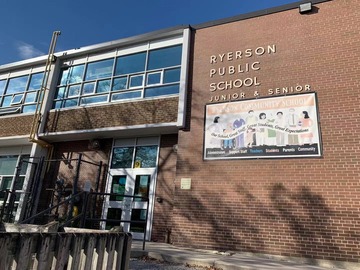 市中心
市中心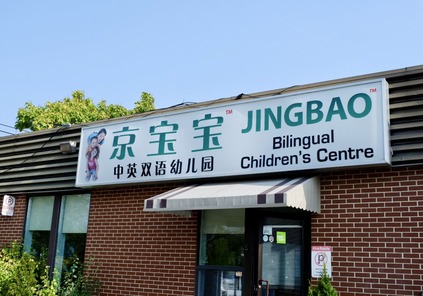 密西沙加
密西沙加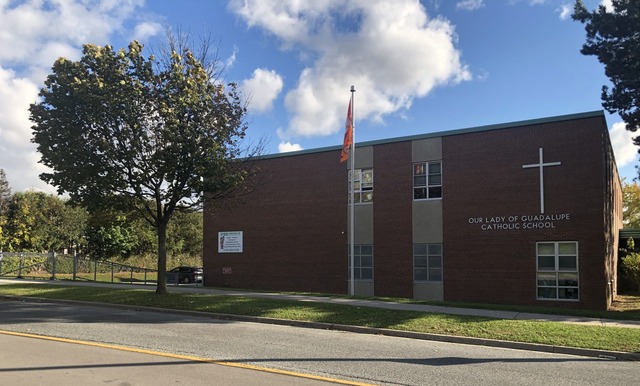 北约克
北约克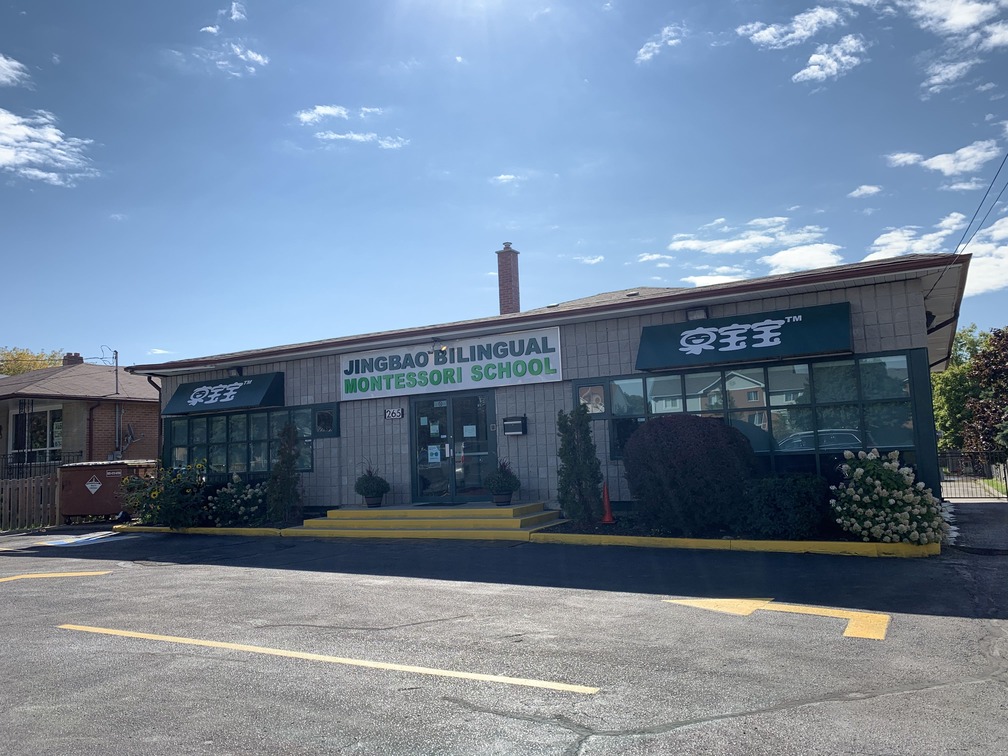 列治文山
列治文山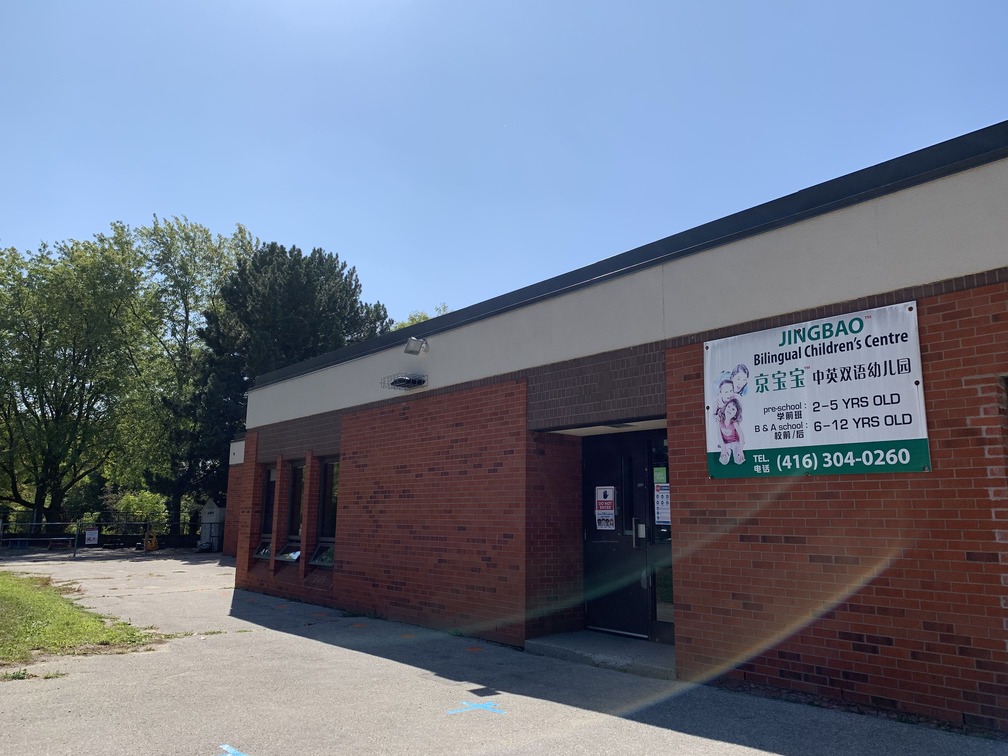 士嘉堡
士嘉堡
